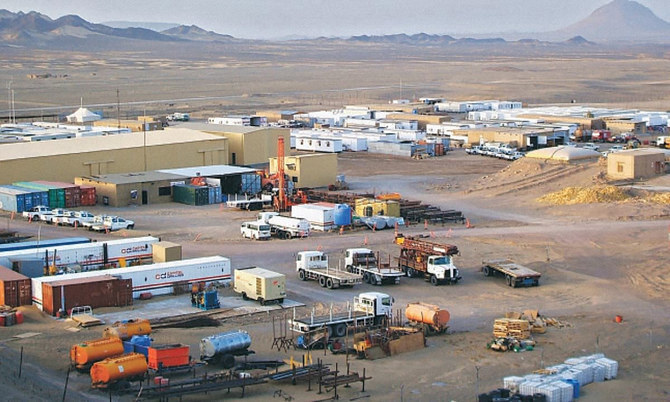ISLAMABAD: PakistanтАЩs disaster management agency on Tuesday warned of heavy monsoon rains and multiple flooding hazards across much of the country over the coming week, urging residents and authorities to remain on high alert.
More than 300 people have died in rain-related incidents since the monsoon season began in late June, with casualties reported from nearly all provinces.
тАЬA well-marked low-pressure system over Gujarat (India) and Himachal Pradesh, coupled with a seasonal low over north Balochistan and moist Arabian Sea currents, is expected to trigger an active monsoon spell affecting most parts of the country,тАЭ the National Disaster Management AuthorityтАЩs National Emergencies Operation Center (NEOC) said in its latest advisory.
The NDMA issued medium-level alerts for urban flooding in Punjab, flash floods in Khyber Pakhtunkhwa (KP) and Gilgit-Baltistan (GB), and widespread riverine flooding risks in the Indus, Chenab, Ravi and Sutlej rivers. Tarbela reservoir is at 96 percent capacity and Mangla at 64 percent, with further rise anticipated.
In Punjab, moderate to heavy rainfall from Aug. 13тАУ15 could trigger urban flooding in Islamabad, Rawalpindi, Lahore, Sialkot, Multan, Bahawalpur, DG Khan, Rajanpur and Faisalabad. Southern districts including DG Khan and Rajanpur may see torrents activated by heavy rains in the Pir Panjal range.
In KP, rainfall from Aug. 13тАУ18 could swell the River Kabul and tributaries such as the Swat, Panjkora, Bara and Kalpani nullahs, increasing risks of flash floods, landslides and road closures in districts including Peshawar, Mardan, Nowshera, Swat, Malakand, Dir, Kohistan and Chitral.
In GB, the NDMA warned of potential glacial lake outburst floods in Hunza, Shigar and Ghanche, with possible bursts in River Khunjerab, Gunjrab, Shimshal, Braldu, Hushe, Saltoro and Kondus. These could raise river flows and cause flash floods.
The NDMA directed authorities to keep response teams and dewatering equipment ready, clear drainage channels and issue continuous public updates. Residents near rivers and streams were urged to secure valuables and livestock, avoid crossing flooded causeways and be prepared to evacuate at short notice.
Pakistan suffered record monsoon floods in 2022 that killed nearly 1,700 people and caused more than $30 billion in damages, a disaster scientists linked to climate change.


















